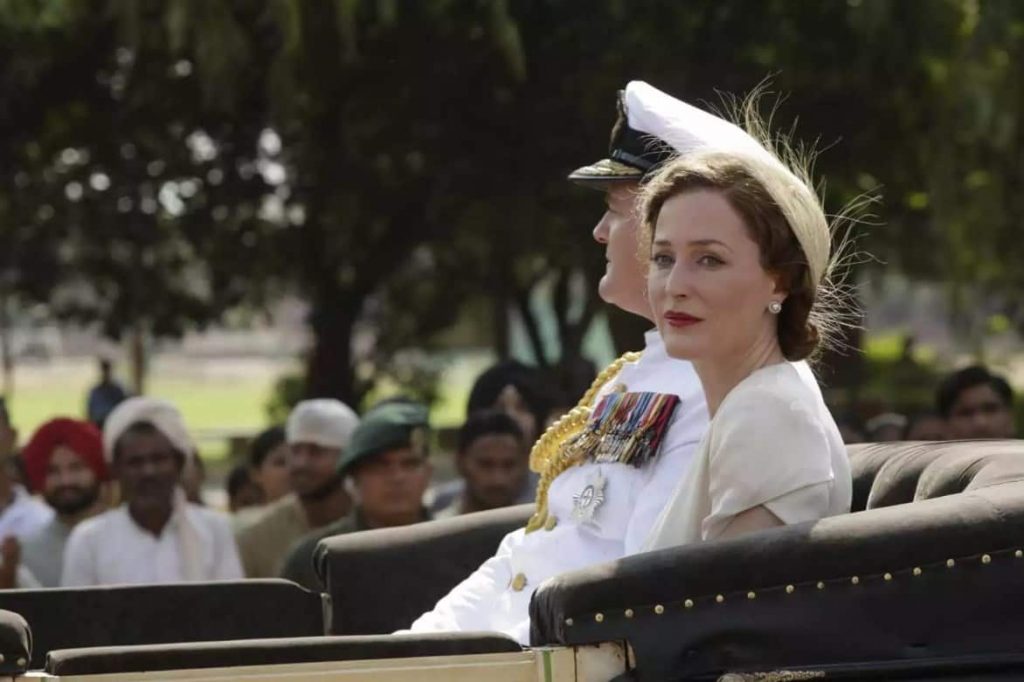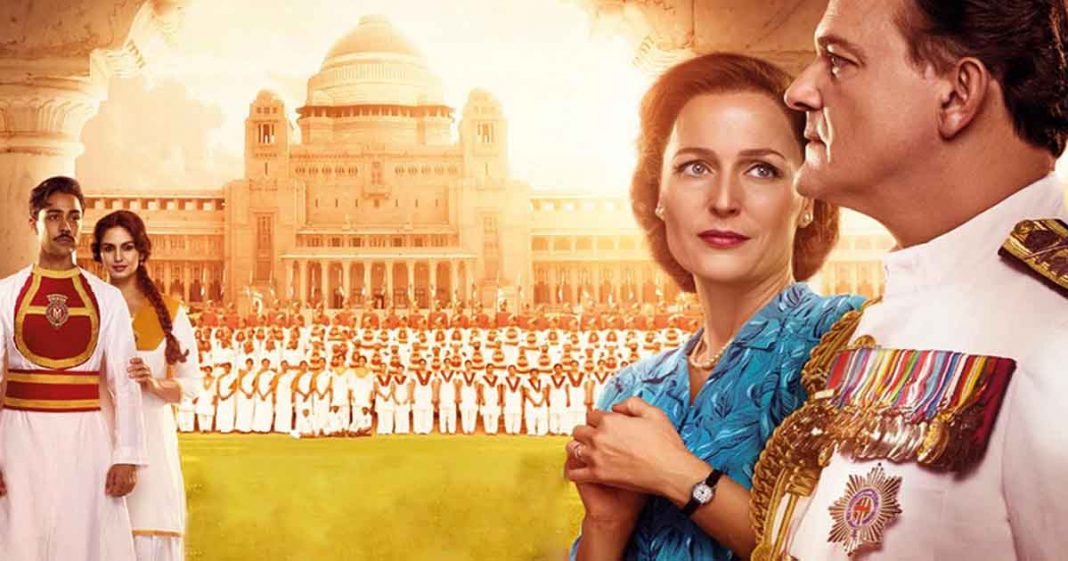Gurinder Chadha’s Viceroy House rebranded as Partition-1947 for Indian audiences is a sugary, glossy look at the events that lead to the end of the British sovereignty in India. To the casual viewer, it may come as a shock to learn that the director of the film isn’t some old white man seeking to revise a rather painful part of our history by sugar-coating all the finer details.
Instead, Viceroy House by director Gurinder Chadha is the British born Indian director’s most interesting feature since 2002’s Bend It Like Beckham. Viceroy House is also a significantly more star-studded affair, with Hugh Bonneville, Gillian Anderson in the leading roles as Lord Mountbatten and his wife, Edwina.
To be fair, a film set on a historical event of importance as the partition requires an understanding of the events leading up to the partition, and a willingness to be objective in retelling the story.
Chadha lacks both as her melodramatic and oddly whitewashed feature proves to be a failure on multiple levels. To pay no heed to the struggles of the Muslims and simply focus on the Hindu Indians or the British would have been a more respectable decision, then what is offered here.
The movement to form Pakistan is reduced to British propaganda by Churchill to get access to the Middle East crude oil and prevent Karachi from falling into the clutches of Russians.
Read more: Eurovision: A comedy without laughs but plenty of star power
In one of the many baffling creative decisions, the movie decides to place the burden of the problems that arose in Partition on Churchill, absolving Mountbatten of all blame.
It genuinely seems that the movie forgets at times that Mountbatten wasn’t a hero flying in to reward India with independence given how profusely the movie, at every turn, claims that it is the British who have generously agreed to leave India rather than the Indians had fought for their independence.
Watching the film is an arduous, exhausting undertaking mostly due to the sheer amount of changes made to historical events to repackage them for a whiter audience. For the most part, Viceroy House skirts any controversies that Mountbatten was responsible for.

The movie has no qualms about belittling Indian heroes (Gandhi and Jinnah both are given the short end of the stick, and Nehru’s intellect is attributed to him having studied at Cambridge). No attempt is made to understand their fight for freedom.
The movie goes as far as to pin Jinnah as a troublemaker who single-handedly orchestrated a partition that divided an otherwise peaceful India, while not mentioning the communal violence or unrest that lead to Pakistan’s creation.
Those willing to forgive the film for its blatant disregard for history too would find shortcomings in the way the film is framed as more of an oddball comedy than the epic it should be. A romance between two supporting Indian characters, a Hindu man and a Muslim girl only adds to the soapiness of this cumbersome feature.
Read more: Movie Soorma’s fighting spirit makes it big at box office
Though the runtime of 106 minutes is decent enough, the movie’s sanitized take becomes boring halfway through the film. Even more damning, is the movie’s failure to address why the viceroy and his wife have been made the central figures of a topic more suited to Indian leads.
For those looking to dive deeper into the partition this Independence day, it is probably best to avoid Chadha’s sycophantic take on the Mountbattens.
Viceroy House, while offering no visually enticing treats or memorable dialogues, has a hefty dose of melodrama and is an excruciating study in mediocrity.
Read more: The Last Days of American Crime: A tale of how a signal wipes out…
While the happenings of 1947, remain to this day a subject of great debate, one can rest assured that at least Viceroy House’s sanitized and fictional narrative will do the impossible task of uniting any viewers against the movie.













